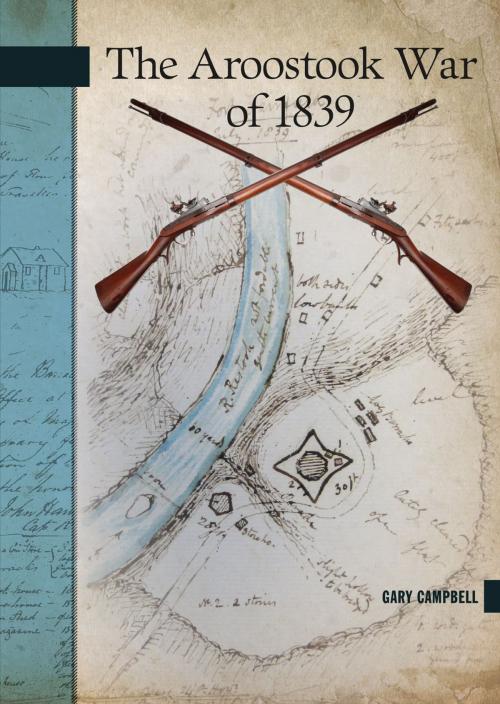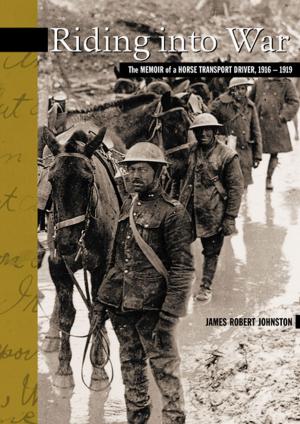| Author: | Gary Campbell | ISBN: | 9780864927569 |
| Publisher: | Goose Lane Editions and the Gregg Centre for the Study of War and Society | Publication: | March 19, 2013 |
| Imprint: | Goose Lane Editions | Language: | English |
| Author: | Gary Campbell |
| ISBN: | 9780864927569 |
| Publisher: | Goose Lane Editions and the Gregg Centre for the Study of War and Society |
| Publication: | March 19, 2013 |
| Imprint: | Goose Lane Editions |
| Language: | English |
A little-known episode in North America’s history, the 1839 Aroostook War was an undeclared war with no actual fighting. It had its roots in the 1793 Treaty of Paris, which ended the American Revolutionary War but left the border of Maine (then part of Massachusetts) and British North America unsettled, and in the War of 1812, when parts of northern Maine were occupied by Britain. Fearing a negotiated border would negatively affect their claim for the disputed territory, Maine occupied the Aroostook River valley in early 1839, British regulars, New Brunswick militia, and Maine militia were then deployed in the dead of winter, as the kindling was laid for a third major Anglo-American conflagration. Eventually, cooler heads prevailed, although they did not deter a number of skirmishes between the Maine Land Agent posses and a loosely organized group of New Brunswick lumbermen. A complex story of friction, greed, land grabs, and rivalry, this border dispute which nearly resulted in war was eventually settled by the Ashburton-Webster Treaty of 1842.
A little-known episode in North America’s history, the 1839 Aroostook War was an undeclared war with no actual fighting. It had its roots in the 1793 Treaty of Paris, which ended the American Revolutionary War but left the border of Maine (then part of Massachusetts) and British North America unsettled, and in the War of 1812, when parts of northern Maine were occupied by Britain. Fearing a negotiated border would negatively affect their claim for the disputed territory, Maine occupied the Aroostook River valley in early 1839, British regulars, New Brunswick militia, and Maine militia were then deployed in the dead of winter, as the kindling was laid for a third major Anglo-American conflagration. Eventually, cooler heads prevailed, although they did not deter a number of skirmishes between the Maine Land Agent posses and a loosely organized group of New Brunswick lumbermen. A complex story of friction, greed, land grabs, and rivalry, this border dispute which nearly resulted in war was eventually settled by the Ashburton-Webster Treaty of 1842.















